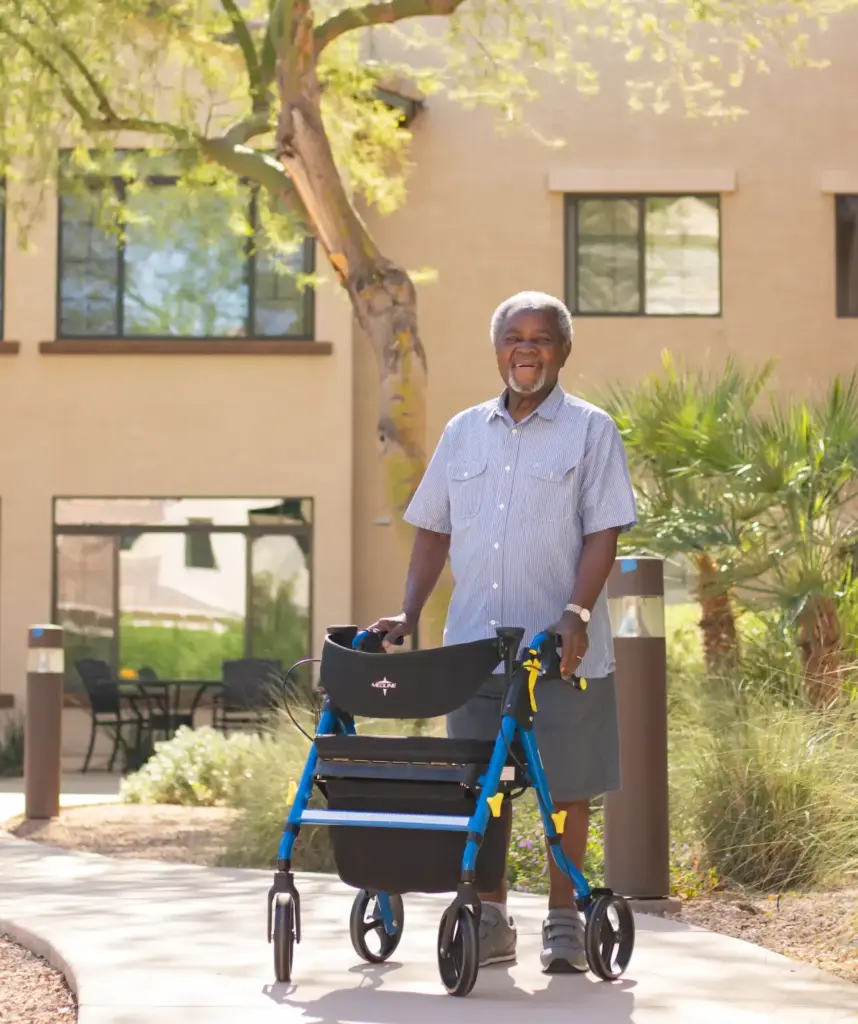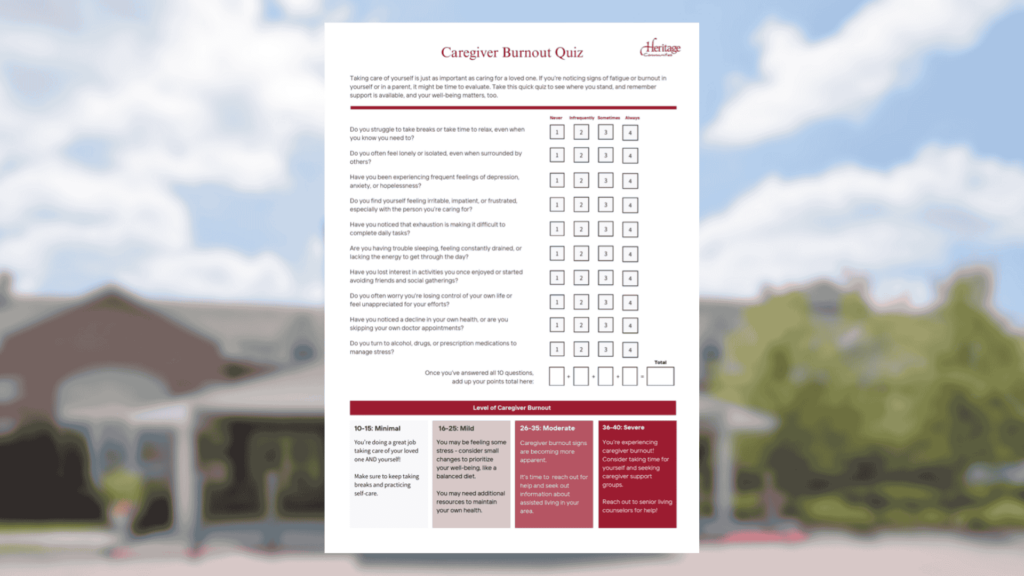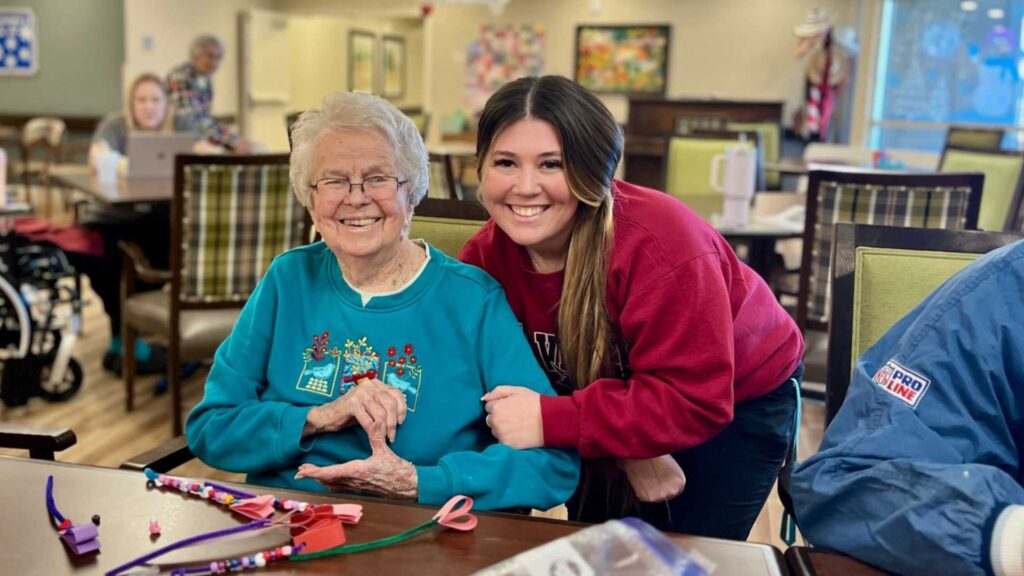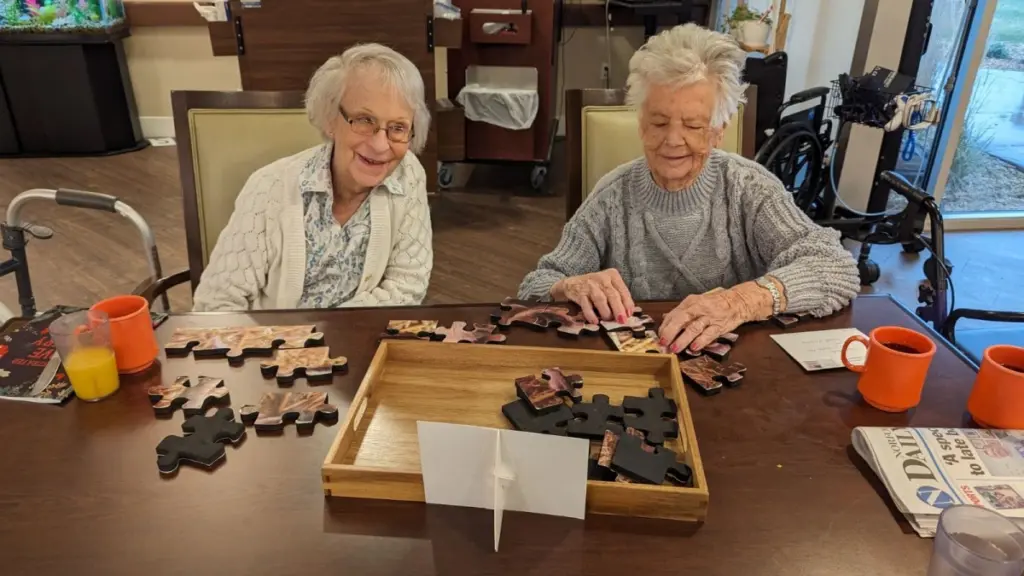How to Downsize Your Home for Retirement: Getting the Most Out of Your Move
For most people, moving is a huge undertaking. For a senior, though, the job becomes even harder. From having to pack away belongings that you’ve had for years, to selling prized possessions, downsizing may feel like you’re losing memories. It’s hard to know how to downsize when life is spent filling larger spaces. But with...

For most people, moving is a huge undertaking. For a senior, though, the job becomes even harder. From having to pack away belongings that you’ve had for years, to selling prized possessions, downsizing may feel like you’re losing memories. It’s hard to know how to downsize when life is spent filling larger spaces. But with the right plan in place, the emotional stress can be minimized. We’ve created a list of items to consider that will help prepare you for the big move.
When Should You Downsize?
Most seniors may not need to downsize their homes, but sooner or later they’ll realize that owning a large home is more problematic than they can afford in their senior years. While it may not always be easy to determine when to downsize, here are a few telltale signs that it’s time to consider it:
- Overstretching the budget
- Housekeeping is too hard to keep up with
- Having too many empty rooms
- Requiring a different layout for the house
Should you notice these things in your home, then it might be time for you to downsize.
How to Downsize
Downsizing can be difficult and tedious, but if you stick to these 4 steps, it’ll be done before you know it!
1. Go Through Your Belongings
Once you know you want to downsize, make time to decide which of your possessions will stay and which ones will go. Get started sorting through your things by splitting your belongings into four categories: Keep, store, sell, and trash. Start your sorting in one area of the house, then go through them and decide where each item fits into the categories.
2. Start Packing
This part is no easy task, so it’s best to plan thoroughly. Make sure that you have ample time to execute this task because packing is a physically demanding job. To make things more difficult, we’re not as strong as we used to be, so we need to tackle this job with extra care and hire help if needed to avoid injuries.
3. To Hire or Not to Hire?
Now that you’ve decided to downsize your home, you should consider hiring movers to do the heavy lifting for you rather than doing it all on your own. While there are pros and cons for both of these methods, it all comes down to your preferences and needs. If you’re moving into a senior living community, the community will often have trusted moving partners to make downsizing as care free as possible.
4. Settling In
After moving into your new place, take the time to explore the space and get settled in. Make sure to do the following:
- Unpack your things: To make settling in easier, it’s best to first unpack the things you need the most, followed by unpacking the rest little by little. This way you never feel overwhelmed by how much there is to do, but instead get joy out of making your new space feel more and more like home.
- Meet your neighbors: To help your transition to the new area, establish your social connections early. This can easily be done at a senior living community by attending scheduled events or meals, but if you’re getting antsy feel free to walk over and introduce yourself!
- Explore the community: Attend social gatherings and take advantage of other social events inside the community.
While moving is no walk in the park, you can make the whole process a lot smoother just by following our guide of how to downsize. It’s also best to remember that the move is just the beginning; after this day, you can look forward to a more engaged future. For more details and to see how you can enjoy senior living, visit our website at Heritage Communities. Download our guide, How to Fund Senior Care and Housing, for more information about funding options for senior living.






